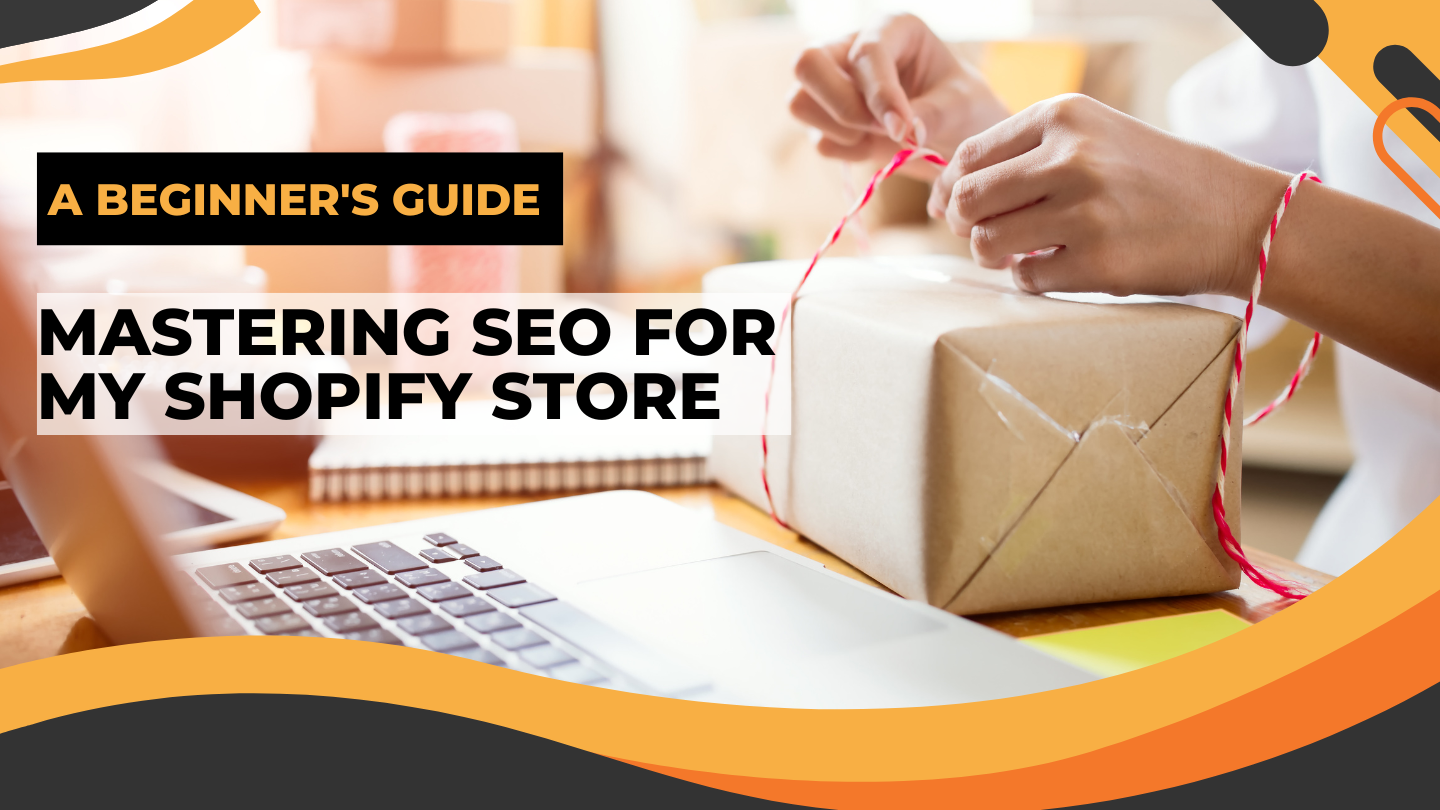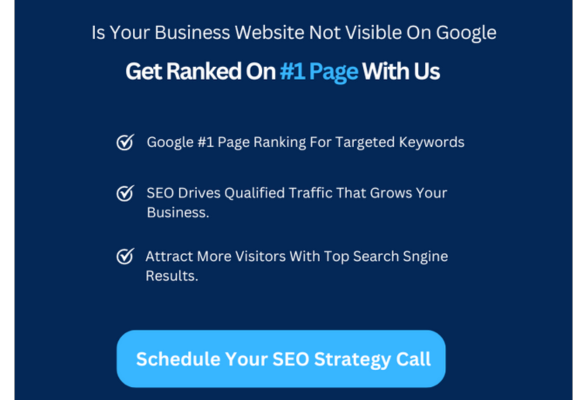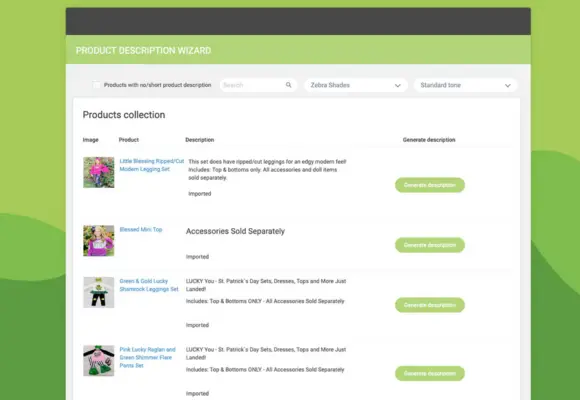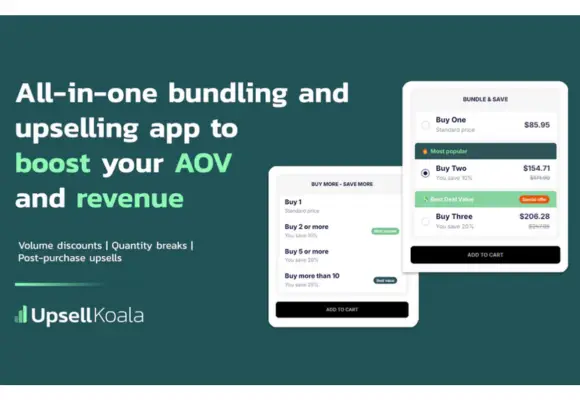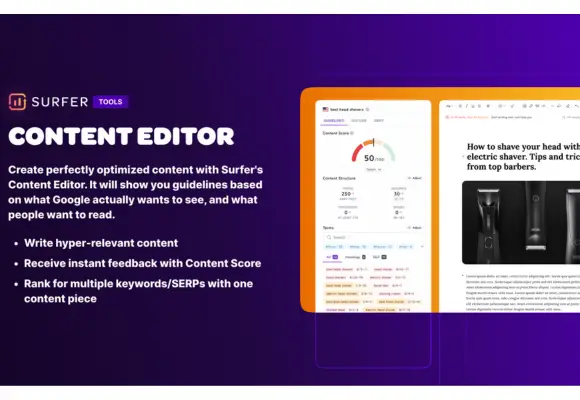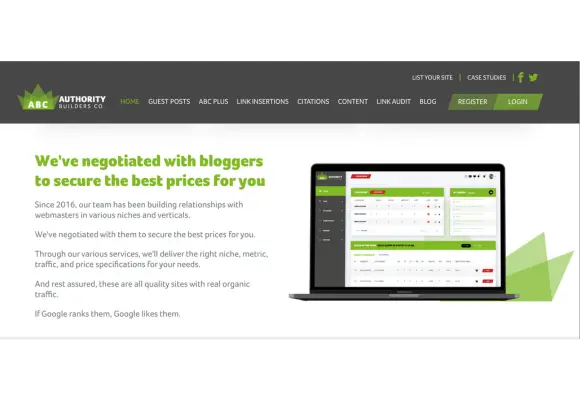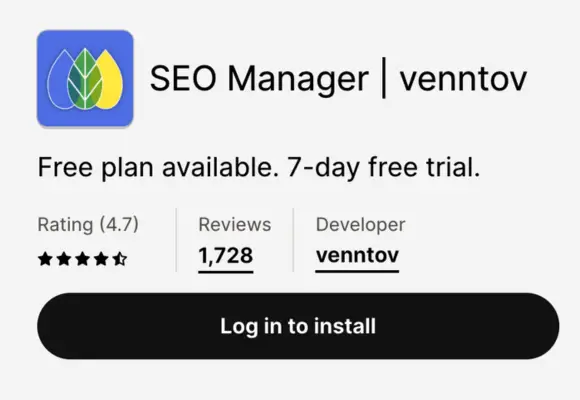Is it necessary to hire an SEO expert to optimize a Shopify store, or can it be done independently?
Hiring an SEO expert for your Shopify store can significantly improve its visibility and ranking. While it’s possible to optimize the store independently, professionals bring expertise, experience, and up-to-date knowledge that can lead to better results and save time in the long run.
Key Highlights
- Implementing SEO strategies for your store can help improve your search engine rankings and drive organic traffic to your.
- Optimizing your shop for user experience is essential for attracting potential customers and keeping them engaged.
- Conducting keyword research and utilizing the right keywords throughout your content can significantly improve your store’s visibility in search results.
- Building quality backlinks and leveraging social media can enhance your store’s authority and online visibility.
- Avoiding common SEO mistakes such as duplicate content and neglecting mobile optimization is crucial for achieving optimal results with your Shopify store.
Unlock SEO power for your Shopify store with a free trial & first month for only $1 ►► https://www.shopify.com/free-trial
Welcome to the beginner’s manual for SEO optimization for your Shopify store. You’re in the right place if you’re a new Shopify store owner looking to improve your search engine rankings and drive more organic traffic to your website. This guide will walk you through the essential steps and strategies for implementing effective SEO techniques for your Shopify store.
With the increasing competition in the online marketplace, it has become crucial for businesses to optimize their websites for search engines to gain visibility and attract potential customers. Shopify, one of the most popular e-commerce platforms, provides a solid foundation for SEO optimization. However, there are specific additional steps you can take to maximize your store’s potential and stand out from the crowd.
By implementing the right SEO strategies, you can improve your store’s visibility in search engine results, drive organic traffic to your website, and ultimately increase your sales and conversions. Whether you’re just starting with your Shopify store or looking to enhance your existing SEO efforts, this guide will provide you with all the necessary information and tools to achieve SEO success.
Let’s dive into the world of SEO for Shopify and unlock the full potential of your online store!
Understanding the Basics of SEO for Shopify
Search engine optimization (SEO) is optimizing your website to increase its visibility in search engine results pages (SERPs). By implementing effective SEO strategies, you can improve your website’s ranking in search results, drive organic traffic, and ultimately increase your sales and conversions.
When it comes to SEO for your Shopify store, you should know specific techniques and best practices. Understanding these basics will help you lay a strong foundation for your SEO efforts and set your store up for success.
One key aspect of SEO for Shopify is ensuring that your online store is easily discoverable by search engines like Google. This means optimizing your website’s structure, content, and keywords to match potential customers’ search queries.

As the most popular search engine, Google significantly drives organic traffic to your website. By understanding how Google search works and what factors it considers when ranking sites, you can tailor your SEO strategies to align with its algorithms and increase your chances of appearing higher in search results.
As an online store owner, your ultimate goal is to attract potential customers to your website. By implementing effective SEO techniques, you can increase the visibility of your Shopify store in search results, ensuring that your target audience finds you when they search for relevant products or services.
Optimizing your online store for SEO also enhances the overall user experience. A well-structured website with relevant and engaging content attracts potential customers and keeps them on your site for longer, increasing the likelihood of conversions.
In the following sections, we will explore key SEO concepts that every Shopify store owner should know, including keyword research, site structure, alt text, and content marketing. These concepts will form the basis of your SEO strategy and help you optimize your online store for maximum visibility and success in the highly competitive online marketplace.
The Importance of SEO for Your Online Store
SEO is essential for the success of your online store. By optimizing your store for search engines, you can attract potential customers and drive organic traffic to your website. When potential customers search for products or services related to your store, appearing in the top search results increases their chances of visiting your website.
Organic traffic is highly valuable as it is free and targeted, meaning users actively search for what you offer. By appearing in the top search results, your store gains credibility and visibility, increasing the likelihood of attracting potential customers.
Moreover, SEO helps you stand out from the competition. By implementing SEO best practices, you can optimize your store to rank higher than your competitors in search results, giving you a competitive edge in attracting potential customers.
Start crafting SEO-winning content for your Shopify store with Surfer’s 7-day free trial https://get.surferseo.com/SEOforMyStore
Key SEO Concepts Every Shopify Store Owner Should Know
As a Shopify store owner, you must familiarize yourself with key SEO concepts to optimize your store effectively. One important concept is the alt text, which is descriptive text added to images on your website. Including relevant keywords in the alt text helps search engines understand the image’s content and improves your store’s visibility in image search results.
Another crucial concept is keyword research. You can identify your target audience’s keywords and phrases when searching for products or services by conducting thorough keyword research. Optimizing your website content and product descriptions to align with your potential customers’ search queries can significantly increase your chances of ranking higher in search results.
Additionally, a well-organized site structure is essential for SEO. A logical site structure helps search engines crawl and index your website more effectively, improving your store’s visibility in search results. Organizing your products into relevant categories and subcategories and creating a clear navigation system for easy user access is also important.
Craft high-converting product descriptions instantly with ChatGPT AI by StoreYa. Free trial ►► https://platform.shoffi.app/r/rl_qlKAh7uM
Preparing Your Shopify Store for SEO Success
Preparing your Shopify store for SEO success involves several important steps. Firstly, ensure you have set up Google Analytics to monitor your store’s performance. Analyzing your website traffic and user behavior provides valuable insights, empowering you to make data-driven decisions that enhance your store’s SEO performance.
Another crucial aspect is content marketing. Creating high-quality, informative content relevant to your target audience can attract organic traffic to your store and establish your brand as a trusted authority in your industry. Content marketing can be blog posts, articles, videos, or infographics and should focus on addressing your customers’ pain points and providing valuable solutions.
Boost sales with Upsell Koala’s discount bundles & offers ►► https://platform.shoffi.app/r/rl_JUCD2VEY
Essential Tools and Resources for Shopify SEO
Utilizing the right tools and resources is important to optimize your Shopify store for SEO. Several SEO tools, including keyword research tools, website audit tools, and rank tracking tools, can help you identify relevant keywords, analyze your website’s performance, and track your SEO progress.
Google Analytics is another essential tool for tracking your website’s performance and gaining insights into your audience’s behavior. It provides valuable data on website traffic, user engagement, and conversion rates, allowing you to make data-driven decisions to improve your SEO strategy.
Additionally, several Shopify apps are available that specifically cater to SEO optimization. These apps provide features such as automated meta tag generation, XML sitemap generation, and structured data implementation. Utilizing these resources can streamline your SEO efforts and optimize your Shopify store for better search engine rankings.
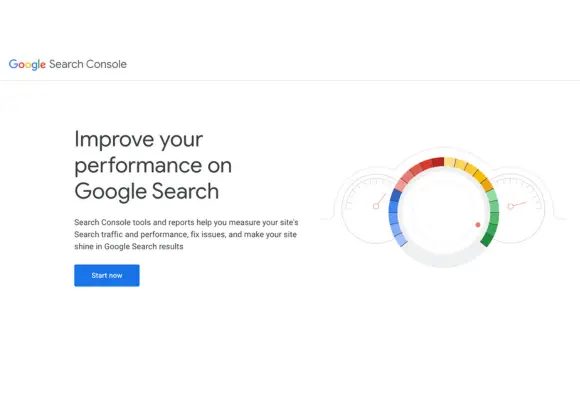
Setting Up Your Shopify Store Structure for SEO
A solid site structure is crucial for SEO success on your Shopify store. A well-organized site structure helps search engines understand the hierarchy and relationship between different pages on your website, improving your store’s visibility in search results.
Start by organizing your products into relevant categories and subcategories. Designing an intuitive navigation system enables users to effortlessly browse your website and locate the products they are searching for. Each category and subcategory should have a clear and descriptive name incorporating relevant keywords.
Ensure each product has a dedicated page with a unique URL, title, and description. Optimize these elements with relevant keywords to improve your chances of ranking higher in search results. To improve the overall user experience and facilitate navigation, we should include internal links between related products and categories.
Create a user-friendly & SEO-optimized site structure with Tapita Landing Page Builder ►► https://platform.shoffi.app/r/rl_luWAZs1l
Step-by-Step Guide to Optimizing Your Shopify Store
Please optimize your Shopify store for SEO by following this step-by-step guide to ensure you fully optimize it for search engines.
Step 1: Conducting Effective Keyword Research. Identify your target audience’s keywords and phrases when searching for products or services. Use keyword research tools to generate a list of relevant keywords and prioritize the ones with high search volume and low competition.
Step 2: Optimizing Your Shopify Site Structure. Organize your products into relevant categories and subcategories, ensuring a logical and intuitive site structure. Use descriptive URLs, titles, and meta descriptions to optimize each page for search engines.
Step 3: Enhancing User Experience for Better Rankings. Improve your store’s user experience by optimizing page load times, ensuring mobile responsiveness, and facilitating easy navigation. Focus on providing a seamless and enjoyable browsing experience for your customers.
Step 4: Crafting SEO-Friendly Content for Your Store. Create high-quality, informative content that is relevant to your target audience. Incorporate relevant keywords naturally into your content and optimize meta tags to improve visibility in search results.
Step 5: Building Quality Backlinks to Boost Store Authority. Develop a link-building strategy to acquire high-quality backlinks to your store. You can increase your website’s visibility and authority by implementing guest posting strategies, collaborating with influencers in your niche, and creating valuable content that others will want to link to.
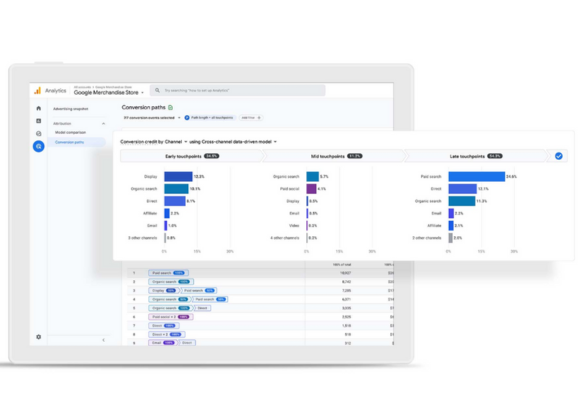
Step 1: Conducting Effective Keyword Research
Effective keyword research is the foundation of successful SEO for your Shopify store. By identifying the keywords and phrases your potential customers use when searching for products or services, you can optimize your website content and product descriptions to align with their search queries. Here are some steps to conduct effective keyword research:
- Start by brainstorming relevant topics and product categories for your store.
- Use keyword research tools like Google Keyword Planner, SEMrush, or Ahrefs to generate a list of potential keywords.
- Analyze search volumes and competition for each keyword to prioritize the most valuable ones.
- Consider the search intent behind each keyword, i.e., what the user is looking for when searching with that keyword.
- To improve your store’s visibility in search results, naturally incorporate your target keywords into your website content, meta tags, and product descriptions.
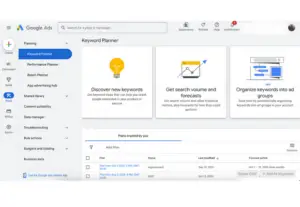
Step 2: Optimizing Your Shopify Site Structure
Optimizing your Shopify site structure is crucial for SEO success. A well-organized site structure helps search engines understand the hierarchy and relationship between different pages on your website, improving your store’s visibility in search results. Here are some tips for optimizing your site structure:
- Organize your products into relevant categories and subcategories, ensuring a logical and intuitive structure.
- Each category and subcategory should have a clear and descriptive name incorporating relevant keywords.
- Optimize your product descriptions with relevant keywords to improve their visibility in search results.
- Use descriptive URLs, titles, and meta descriptions for each page to optimize them for search engines.
- Include internal links between related products and categories to facilitate navigation and improve the overall user experience.
https://get.stamped.io/MasteringSEO
Step 3: Enhancing User Experience for Better Rankings
Enhancing user experience is key to improving your Shopify store’s search engine rankings. A positive user experience enhances customer satisfaction and signals to search engines that your store is trustworthy and valuable. Here are some steps to improve user experience:
- Optimize your site speed by minimizing page load times. Compress images, enable browser caching, and optimize your code to improve performance.
- Ensure your website is mobile-responsive, as many users access the internet on mobile devices. Making these improvements will enhance the usability of your store and enable a wider audience to access it.
- Implement a responsive design that adapts to different screen sizes and resolutions, providing a seamless browsing experience across devices.
- Facilitate easy navigation by organizing your products into relevant categories and subcategories and providing clear menus and search functionality.
- Focus on providing valuable, informative content that addresses your customers’ pain points and helps them make informed purchasing decisions.
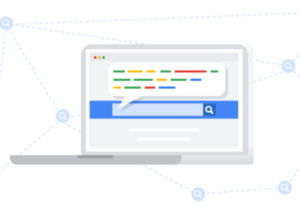
Step 4: Crafting SEO-Friendly Content for Your Store
SEO-friendly content is crucial for improving your Shopify store’s search engine rankings. Creating high-quality, informative content relevant to your target audience can attract organic traffic to your store and establish your brand as a trusted authority in your industry. Here are some tips for crafting SEO-friendly content:
- Conduct keyword research to identify your target audience’s keywords and phrases when searching for products or services.
- To improve your store’s visibility in search results, naturally incorporate your target keywords into your website content, meta tags, and product descriptions.
- Create engaging blog posts that provide valuable information and address your customers’ pain points.
- Optimize your blog posts for search engines by incorporating relevant keywords, using descriptive headings, and providing internal links to related products or categories.
- Regularly update and add new content to your store to keep it fresh and engaging for your audience.
Craft amazing SEO content that ranks with Surfer’s content editor – 7-day free trial ►►https://get.surferseo.com/SEOforMyStore
Step 5: Building Quality Backlinks to Boost Store Authority
Building quality backlinks is an important aspect of SEO for your Shopify store. Backlinks are links from other websites that point to your store, indicating to search engines that your store is trustworthy and authoritative. Here are some strategies for building quality backlinks:
- Develop a link-building strategy to acquire high-quality backlinks from relevant and authoritative websites.
- Contact industry influencers and relevant websites to collaborate on content or guest posting opportunities.
- Create valuable content that others will likely link to, such as informative blog posts, infographics, or research studies.
- Engage in guest posting on relevant websites to gain exposure and acquire backlinks to your store.
- Monitor your backlinks and disavow any low-quality or spammy backlinks that may negatively impact your store’s SEO.
Jumpstart your backlink building with Authority Builders’ trusted guest posting service ►► Application Page: https://authority.builders/apply/d6pc984369
Step 6: Leveraging Social Media for SEO Benefits
Leveraging social media can provide SEO benefits for your Shopify store. While social media signals do not directly impact search engine rankings, they can indirectly improve your store’s online visibility and brand recognition. Here are some ways to leverage social media for SEO benefits:
- Promote your store and its content on social media platforms to drive traffic and increase visibility.
- Engage with your audience on social media to build relationships and establish your store as a trusted authority in your industry.
- Encourage social sharing of your content to increase its reach and potential for acquiring backlinks.
- Use social media to amplify your brand and store name, making it more recognizable and memorable to potential customers.
- Monitor social media mentions of your store and engage with users to build positive relationships and foster brand loyalty.
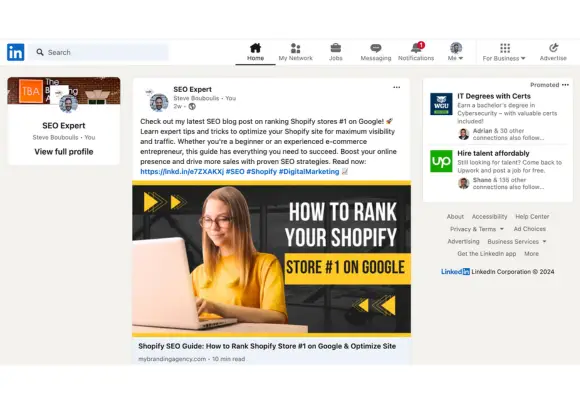
Advanced SEO Techniques for Shopify Stores
Once you have implemented the basic SEO techniques for your Shopify store, you can further explore advanced SEO techniques to improve your store’s search engine rankings. These techniques focus on technical SEO and advanced optimization strategies. Some advanced SEO techniques for Shopify stores include:
- Implementing technical SEO best practices, such as optimizing your robots.txt file, improving site speed and performance, and utilizing schema markup to enhance your search results appearance.
- We are conducting in-depth keyword research to identify long-tail keywords and low-competition niche keywords to target.
- We utilize advanced link-building strategies, such as acquiring high-quality editorial backlinks and leveraging influencer partnerships.
- You are optimizing your site for voice search by incorporating natural language queries and structured data markup.
Utilizing Shopify Apps for SEO Optimization
Shopify offers a variety of apps that can help you optimize your store for SEO. These apps provide additional features and functionality to enhance your SEO efforts. Here are some popular Shopify apps for SEO optimization:
- Smart SEO: This app allows you to customize your store’s meta tags, URLs, and alt text easily. It also provides automated meta tag generation and bulk editing capabilities.
- SEO Manager: This app helps you optimize your store’s meta tags, image alt text, and URL structures. It also provides an SEO checklist and keyword suggestions.
- All-in-One SEO Pack: This app offers a comprehensive set of SEO tools, including XML sitemap generation, meta tag customization, and keyword analysis.
- Plug-in SEO: This app scans your store for SEO issues and provides recommendations for improvement. It also helps you optimize your store for mobile responsiveness and page speed.
Take the guesswork out of SEO with SEO Manager by Venntov – Free Trial & Plans available ►► https://platform.shoffi.app/r/rl_3aMcROAr
Implementing Structured Data to Stand Out in SERPs
Implementing structured data on your Shopify store can help your store stand out in search engine results pages (SERPs) and improve click-through rates. Structured data provides additional context and information about your store to search engines, allowing them to display rich results, such as star ratings, pricing information, and product availability. This increased visibility and enhanced appearance can attract more clicks and potential customers.
To implement structured data on your Shopify store, you can use schema markup, a standardized format for organizing and labeling data. Shopify themes often include schema markup by default, but you can also use Shopify apps or manually add schema markup to your store’s pages.
Common SEO Mistakes to Avoid with Your Shopify Store
While implementing SEO techniques for your Shopify store, it’s important to be aware of common SEO mistakes that can negatively impact your store’s rankings. To optimize your store for success, you can avoid making these mistakes. Here are some common SEO mistakes to avoid:
- Duplicate Content: Duplicate content on your store can confuse search engines and dilute its ranking potential. Ensure that each page on your store has unique content and meta tags.
- Site Speed: Slow page load times can lead to higher bounce rates and lower search engine rankings. Optimize your store’s performance by compressing images, optimizing code, and utilizing caching techniques.
- Mobile Optimization: Optimizing your store for mobile responsiveness is crucial with the increasing use of mobile devices for online browsing. Ensure your store is mobile-friendly and provides a seamless browsing experience across devices.
By avoiding these common SEO mistakes, you can improve your store’s chances of ranking higher in search results and attracting more organic traffic.
Overlooking Mobile Optimization
One common SEO mistake is overlooking mobile optimization for your Shopify store. With the rise of mobile browsing, it’s crucial to ensure that your store is mobile-friendly and provides a seamless user experience across devices. Here are some tips for mobile optimization:
- Use responsive design to ensure your store adapts and displays correctly on different screen sizes.
- Optimize page load times for mobile devices by minimizing file sizes and using caching techniques.
- It would be best to use Google’s Mobile-Friendly Test tool to test your store’s mobile performance and address any issues or errors identified.
- Optimize your store’s navigation and layout for mobile devices, making it easy for users to find and navigate your store’s content.
By prioritizing mobile optimization, you can improve user experience and attract more traffic to your Shopify store.

Ignoring Site Speed and Performance Issues
Another common SEO mistake is ignoring site speed and performance issues. Slow page load times can lead to higher bounce rates and lower search engine rankings. Here are some steps to improve site speed and performance:
- Compress images to reduce file sizes without compromising quality.
- Optimize code by eliminating unnecessary elements, reducing redirects, and minifying CSS and JavaScript files.
- Enable caching to store certain elements of your store locally on a user’s device, reducing the need to fetch them from the server.
- Utilize a content delivery network (CDN) to distribute your store’s content across multiple servers, improving load times for users in different geographic locations.
Addressing site speed and performance issues can improve the user experience and your store’s search engine rankings.

Conclusion
Mastering SEO for your Shopify store is crucial for boosting visibility and driving traffic. By understanding key SEO concepts, optimizing site structure, creating valuable content, and building quality backlinks, you pave the way for online success. Avoid mistakes like neglecting mobile optimization and slow site speed to stay ahead.
Embrace advanced techniques such as leveraging structured data and Shopify apps for enhanced performance. Whether a beginner or a seasoned player, implementing a well-rounded SEO strategy can elevate your Shopify store’s online presence and attract more customers.
Frequently Asked Questions
How Long Does It Take to See SEO Results on Shopify?
The time it takes to see SEO results on Shopify can vary depending on various factors, such as the competitiveness of your industry, the quality of your SEO efforts, and your website’s authority. Generally, it can take several months to see significant improvements in search engine rankings and organic traffic. To achieve long-term success, you must consistently optimize your Shopify store for SEO.
Can I Do SEO on My Own, or Should I Hire a Professional?
Whether you should do SEO or hire a professional depends on your resources, expertise, and time availability. While it’s possible to do SEO independently by following a comprehensive Shopify SEO guide, hiring a professional SEO agency or consultant can provide specialized expertise and save you time and effort.
What Are the Best Free SEO Tools for Shopify Stores?
Several free SEO tools can benefit Shopify store owners. Some of the best free SEO tools include Google Keyword Planner for keyword research, Google Analytics for website performance tracking, and Google Search Console for monitoring and resolving technical SEO issues. Additionally, free website audit tools like Screaming Frog or SEMrush can provide valuable insights into your store’s SEO performance.

